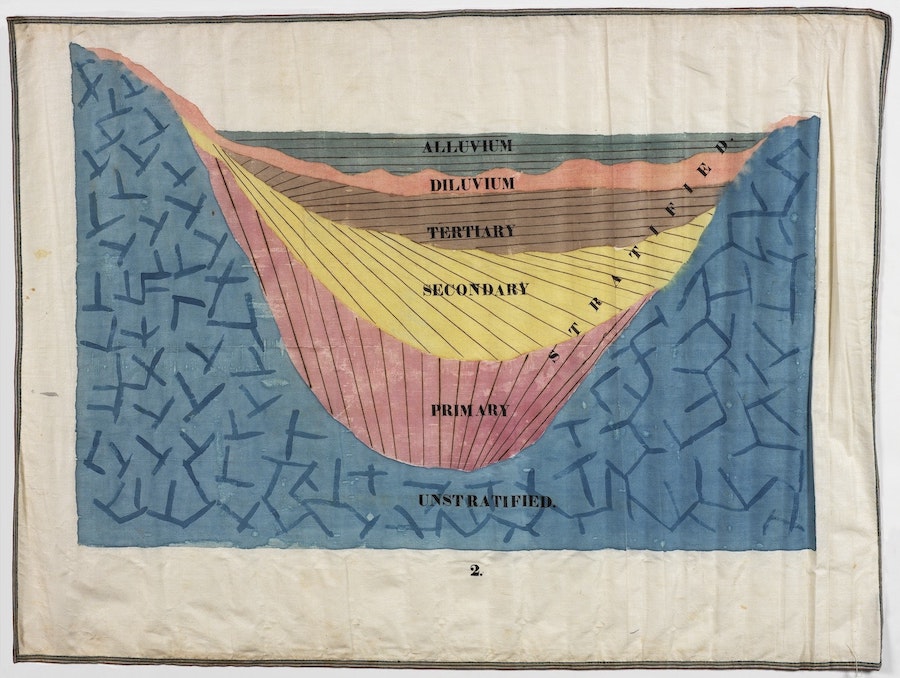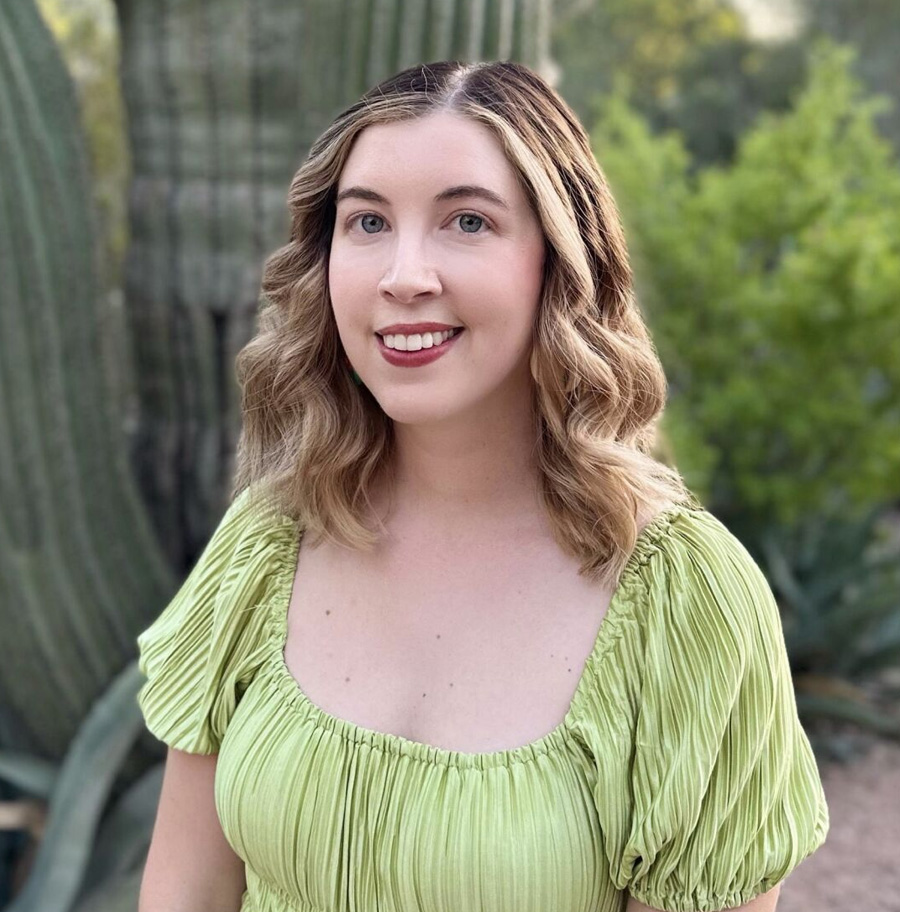Letter from the Editor
Anthony Yarbrough

Check out the lockdown button, he says with a grin. I don’t even know his name yet.
Only a few other students have arrived, quietly unzipping their backpacks, scrolling on their phones. He keeps looking at it, the button. Red, shiny, intimidating. I’m shuffling syllabi, setting up the monitor. In previous years, none of my classrooms ever had a lockdown button. I try to force a half-smile, laugh it off.
He brings it up again. Even before the icebreaker is over, even before the first-day nerves fade. Before we’ve heard where all twenty-two students grew up, what their majors are, what they hope to become. For the next six months—because after this semester ends, he will be allowed to enroll in another course I teach—I will become consumed by my fear for their safety. I will report him, and then I will report him again, and each day, I will hope they get to live long enough. I will hope they make it out of this room without ever having to see me press the button.
Every class, he questions everything I do.
I never learn anything from you, he says. This class is pointless. He’s aggressive toward other students, makes fun of their speeches, hounds them with impossible questions when they speak in class. I intervene, ask him to stop. I tell him it’s not appropriate.
Sometimes, students stay behind after he leaves.
You’re a really good teacher, they say.
This is my favorite class, they say.
He just has it out for you, they say. Nobody knows why.
By now, I assume he googled me before the semester even began, read about the murder. Students have done this in the past. Fresh out of grad school, at my first teaching job, a student came up to me and said, Did your mom really kill someone? I’d heard the question so many times: when my college roommate googled me, whenever an almost-boyfriend googled me.
But you were just a teen then, they’d say when they felt bad. Most of the time, they didn’t use it against me. Even if they saw me as a victim, someone they should feel sorry for, they mostly didn’t show it.
Maybe he sees you as an easy target, a friend offers when I tell her about him, because of, you know.
I start to question myself: has my own trauma, my, you know, made me overreact?
A student presents a speech about gun violence, tells us she was accidentally shot as a child when she and a family member found a gun. Students wipe their eyes. He asks to see her scar, wants her to prove it in front of everyone. Later, he gives a speech about the recent Alec Baldwin shooting, shares his knowledge about guns: loading them, cocking them, shooting them. He would never make a mistake like Alec did.
It’s an evening class. The courtyard outside is always empty.
Who will come to save us? I wonder some nights when I walk to class, the sun setting earlier each night, and eventually before class even begins. He always arrives first, watches cartoons, or listens to loud music before the others come in. I live in faculty housing on campus, one mile from our classroom. I’m only sleeping two hours a night, wondering if he followed me, if he brought a gun to class today, or if he will next week. My doctor puts me on anxiety medication, tells me to relax.
Kids these days, she says, opening the door to show me out.
He starts coming to class in a black mask, the kind doctors wore during the plague. After I report him, nothing changes. I send more emails, ask for help, state the details clearly. Do everything they tell you to do in those training videos.
He’s technically not breaking any rules, the administrator says. His other professors say he’s never done or said anything disruptive.
When I ask the students to submit songs for our class playlist for writing sessions, he sends a song from the video game Doom. When it comes on abruptly in class, between instrumental jazz and Lofi beats, students cover their ears, put on their headphones, ask me privately to turn it off.
It scares me, a student tells me. It gives me anxiety.
Me too, I think. But I tell her that the playlist represents our community, that we should respect and celebrate our differences. He bangs his head in the corner.
After months of workers’ comp therapy sessions, when I finally decide to resign from teaching, the thing that once brought me joy and hope, I think of his face behind the plague mask. I think, too, of the night, the year after the murder, when a new friend at my new high school invited me to a haunted house for Halloween. I thought I could do it, thought I wouldn’t be scared. The therapy had been helping. I’d finally been able to sleep with the light off. It was what teens were supposed to do on Halloween.
But I didn’t even make it to the house, just the line to get in. A masked monster ran out with a chainsaw, clothes torn and soaked with fake blood. Screams and menacing laughter echoed from inside the house. I ran back to the parking lot alone, hid behind some car, hyperventilating.
Will it always be like this? Will it? I said over and over to no one, trying to catch my breath. Willitwillitwillit?
For months, even after I’ve moved to another state, started a new job at another university that requires no contact with students, I will see him everywhere. Shopping at Target. Bagging groceries at the local market. Walking a dog in my neighborhood. Logically, I know I’m safe. I tell myself he’s not here, that he’ll never find me. Maybe he never wanted to hurt me, maybe it was just inside my head.
Will it always be like this? I ask again, even now, trying to catch my breath.

Kristi D. Osorio is a writer and editor living in Arizona. She is the winner of the 2023 Indiana Review Creative Nonfiction Prize and the 2023 Sonora Review Mercy Contest in Nonfiction. She is at work on a memoir that blends cultural criticism around violence in popular culture and her personal story as the survivor of a violent crime. She enjoys running, watching baseball, and spending time in nature.
By Ciara Alfaro
By Katharine Beebe
By Craig Foster
By Terri Lewis
By Elizabeth Cohen
By Bob Hicok
By Katey Linskey
By Michael Vargas
By Tolu Daniel
By Guarina Lopez
By Allen M. Price